Building a carbon-free future for eThekwini’s energy systems
eThekwini 24/7 Carbon-free energy
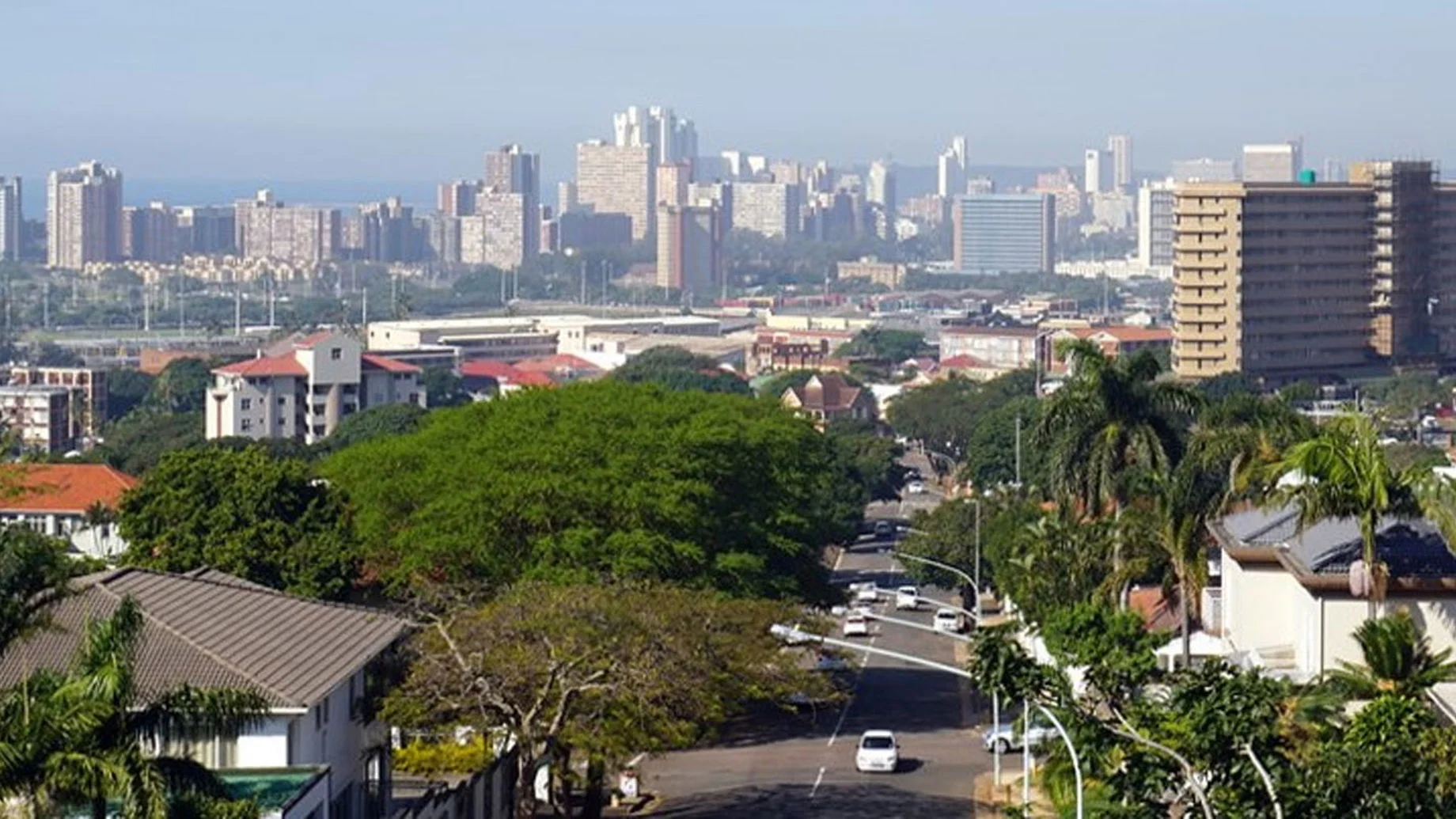
What we delivered
-
Interventions that could reduce eThekwini’s reliance on importing electricity by 42%, while improving energy access for its residents.
-
Promoted the need for collaboration on anti-theft street lighting upgrades, which would help to create a safer nighttime environment.
Get in touch with our team
In 2021, United Nations Energy introduced the 24/7 Carbon-free Energy (CFE) Compact – a set of key principles that aim to decarbonise electricity systems internationally by meeting ‘every kilo-watt hour of electricity demand with carbon-free electricity sources, every hour of every day, everywhere’.
This aligns with the ambitious climate action targets set by the eThekwini Metropolitan Municipality, which aims to achieve a 40% renewable energy grid by 2030 and a full carbon-free system by 2050. Championed by C40 Cities, eThekwini Municipality is pioneering Africa's first 24/7 CFE project. This new approach focuses on strategic planning for decarbonising the municipality’s facilities and operations, providing its people with a cleaner and more reliable energy supply.
With support from Energy Unlocked, C40 Cities commissioned Arup to examine how the municipality can effectively decarbonise its assets and facilities through a 24/7 CFE approach. Working from our Durban office, we used our local knowledge to prioritise upgrading assets that had the highest potential for reducing emissions and building resilience. We then specified a selection of practical and realistic solutions – ranging from solar panels to battery storage systems – that answered each asset’s unique energy challenges at an hourly level. On a citywide scale, the programme’s interventions could reduce eThekwini’s reliance on importing electricity from Eskom - the national electricity provider – by 42% by 2030, while improving energy access for its residents.
These interventions not only power individual facilities, but also energise the wider local economy. For instance, our team focused on providing reliable electricity supply for eThekwini’s most critical economic assets, such as Durban’s largescale fresh produce market – which employs over 24,000 people. This approach will help to drive employment and growth across the municipality, benefiting local communities and businesses alike.
Energy advisory
Today, eThekwini primarily relies on a coal-intensive energy supply from Eksom to meet its electricity needs. To support its transition towards a carbon-free future, our team assessed ways in which the municipality can successfully integrate renewable energy into its network. Our approach to decarbonising the city's energy mix was multifaceted, encompassing localised interventions at municipal facilities, city-wide renewable energy installations, and independent power purchase agreements.
Over the next five years, we recommended that the municipality should focus on incremental energy upgrades for its assets that – when delivered at scale – will make a significant impact. For instance, considering the high waste output of Durban's fresh produce market, we advised the installation of a 320kW biogas plant on site. This plant would convert market waste into biogas, which can be used to generate renewable electricity to power the market or feed energy back into the grid. We also assessed two of eThekwini’s wastewater treatment plants, for which biogas and small-scale hydroelectric plants were identified as potential high yield energy sources. Rooftop solar panels were also specified for many of the municipality’s most important facilities, providing them with an additional source of clean electricity.
In the longer term, we also examined the feasibility of largescale interventions. While eThekwini had already identified onshore wind arrays and solar farms as key renewable energy sources, our team also acknowledged that – owing to its coastline’s strong and consistent winds – offshore wind arrays could also be an effective method of energy generation.
Developing large-scale offshore wind farms requires significant investment in new assets and infrastructure. We explored ways to optimise these costs while maximising local benefits. While some components, like wind turbine blades and solar panels, may currently be more affordable from international sources, we identified opportunities to source a significant portion of the materials and expertise locally, helping to support businesses in the region.
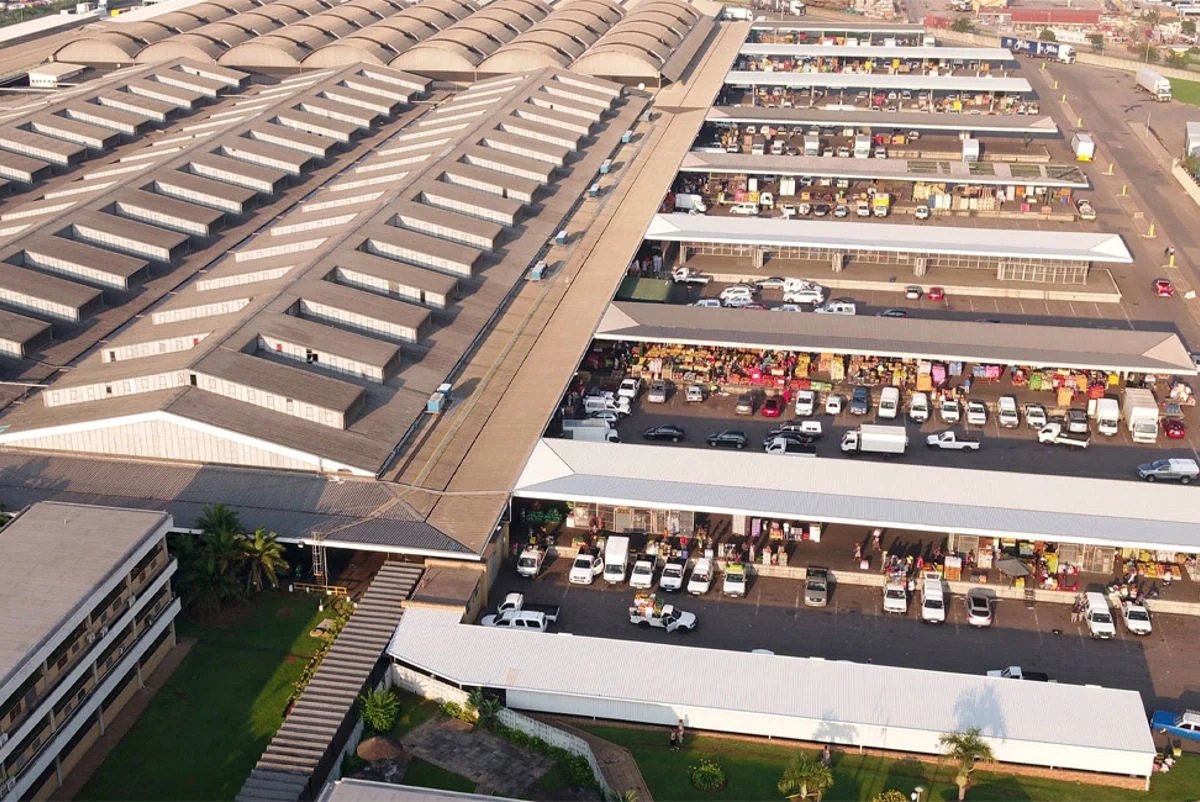
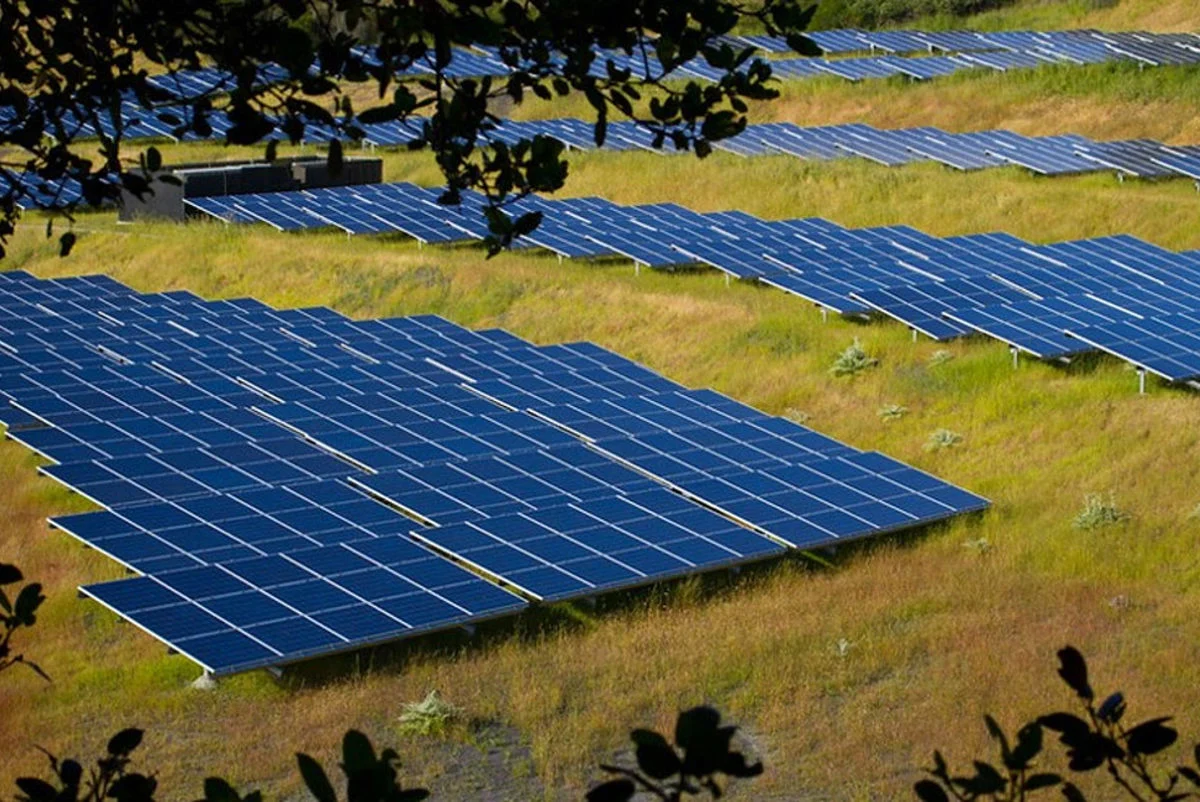
Effective assets and operations
An efficient renewable energy system cannot be achieved without an effective operations and management approach. For this reason, we recommended for eThekwini Metropolitan Municipality to accelerate its implementation of smart meters across its key facilities. These will provide remote access to energy readings, while empowering the municipality to make data-driven decisions, enabling it to take actions that improve the energy-efficiency of its assets. We specified future-proof smart meters that were compatible with emerging digital tools. With this technology, the municipality can embrace future digitalisation opportunities without costly meter replacements.
Additionally, we assessed ways to increase the reliability of each asset’s energy supply. For Durban’s fresh produce street market, we suggested that investing in a battery energy storage system (BESS) could significantly improve its energy security. In our plans, an 826kW PV installation – positioned on the market’s rooftop – would charge the battery system to create a robust energy back up. If the solar installation’s power generation ever falls behind demand, the battery system will activate, providing a reliable source of energy for the market. This system helps to mitigate the chance of power cuts, securing the operations of local businesses, reducing food waste and, in turn, supporting the local economy.
Beyond energy efficiency and security, we also examined how our interventions could have wider social impacts. To this end, street lighting became a particular area of focus. The municipality has already converted 30% of its street lighting to use LED, which are more reliable and energy efficient than standard luminaires. However, a key challenge for the programme continues to be the theft of lighting components and copper cables. This causes many streets within the municipality can remain unlit for long periods of time, posing a safety risk for people at night – particularly those from vulnerable groups. Recognising this, we advised for the local government and its street lighting providers to collaborate closely on theft prevention. Implementing theft prevention measures, such as installing anti-theft lighting technology, would not only deter criminal activity but also create a safer night-time environment for everyone.
eThekwini Metropolitan Municipality / Energy Unlocked
Projects
Explore more renewable energy projects
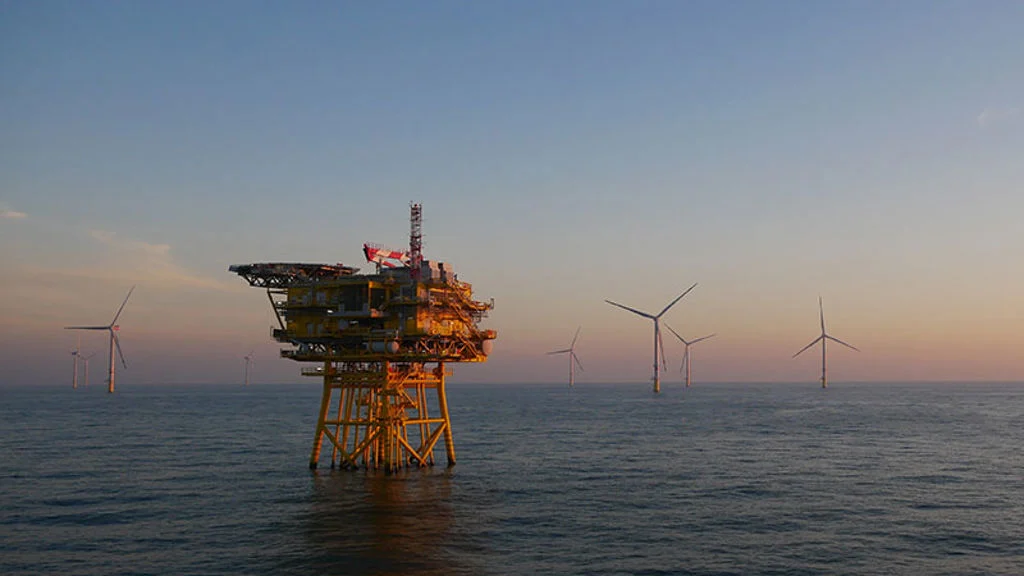
Accelerating the development of global offshore wind infrastructure
Offshore wind farms
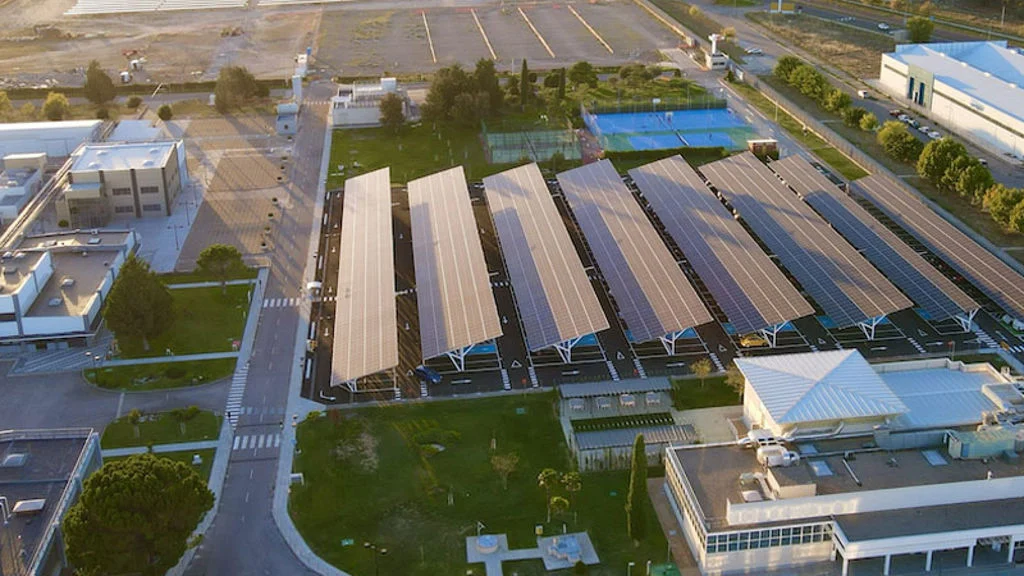
Advising GSK on the design of a highly efficient photovoltaic plant
GSK photovoltaic plant in northern Spain, Spain

Early-stage advice on the foundation design for a Scotland offshore substation
Stoura Offshore Wind Farm, United Kingdom

Supporting the successful delivery of Denmark’s largest offshore wind farm
Project Thor, Denmark
Get in touch with us
If you'd like to speak to one of our energy experts about any of the issues raised on this page or a potential collaboration then please get in touch by completing the form.

